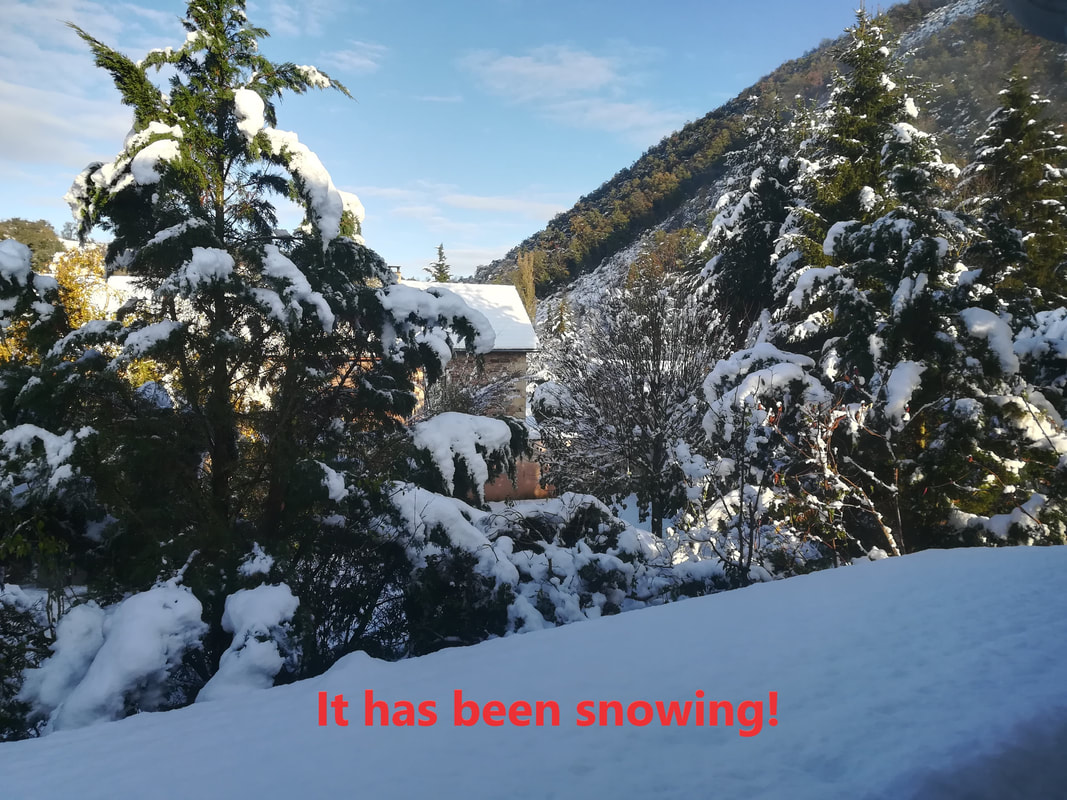|
Introduction So if you have read the previous article, you now know everything there is to know about the Present Perfect Simple, but what about the continuous form? I have been reading about the present perfect simple and I think I understand it now. We have been driving for 4 hours! When will we arrive? Peter has been learning English since he joined the company. As with all the continuous tenses, it is formed using the present perfect of the auxiliary be (have/has been) plus the verb in the -ing form (doing). Look at the table below.
The present perfect continuous is used when we are focusing on the action. The present perfect simple is more often used when we are talking about the result. But it’s not quite as easy as that, so let’s compare the two. Present Perfect Simples vs Present Perfect Continuous
So that's a summary of the differences between the two present perfect tenses. It's not an easy concept for learners and it takes a long time to get the hang of it. But as always, practice makes perfect! So listen or look out for it next time you are watching a film, reading an article or listening to a radio programme.
Les commentaires sont fermés.
|
Philippa StaceyPhilippa Stacey a fondé Eureka en 2007. Elle vit et enseigne l’anglais aux professionnels en France depuis 1993. Archives
Novembre 2023
Catégories |





 Flux RSS
Flux RSS